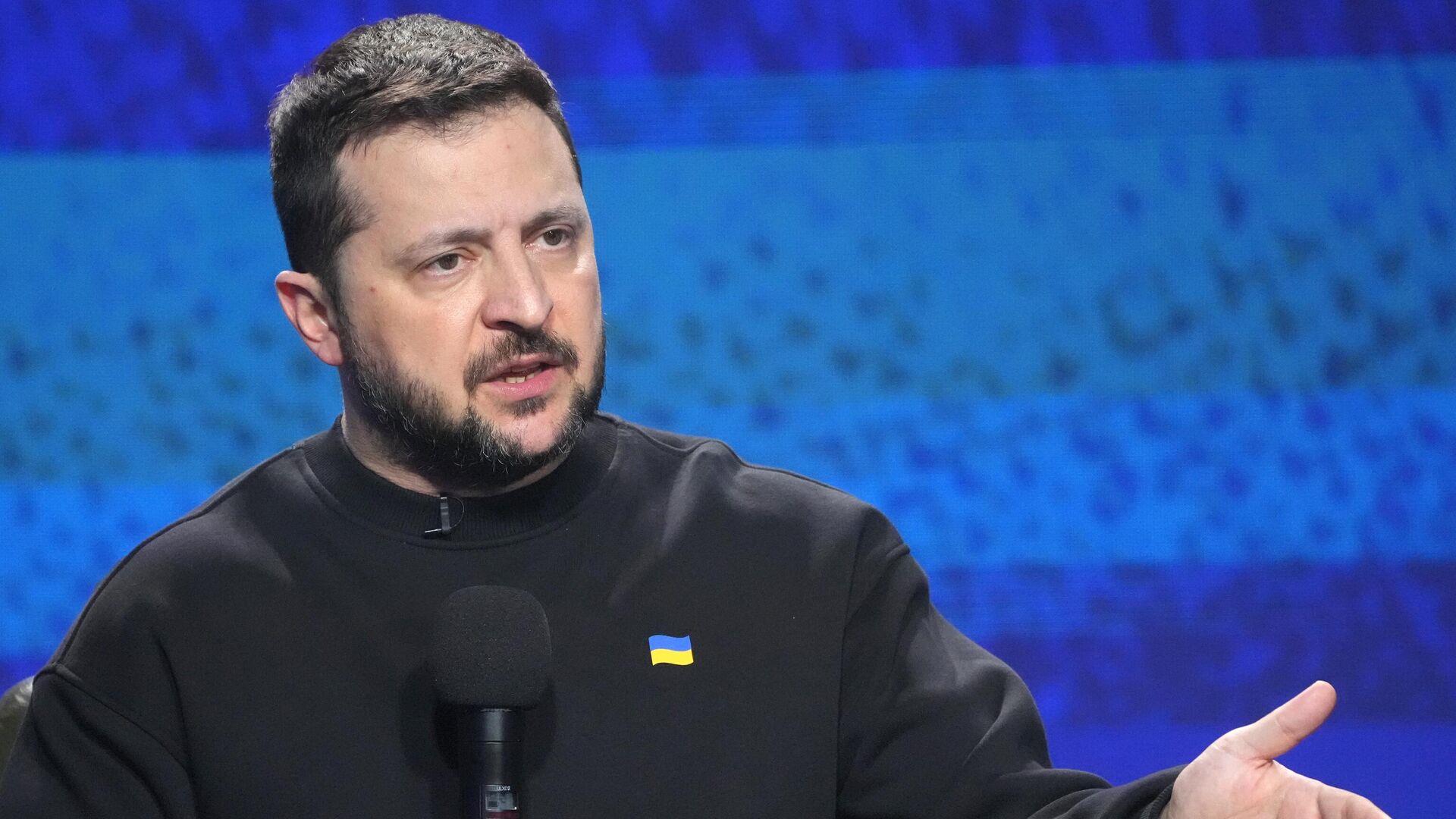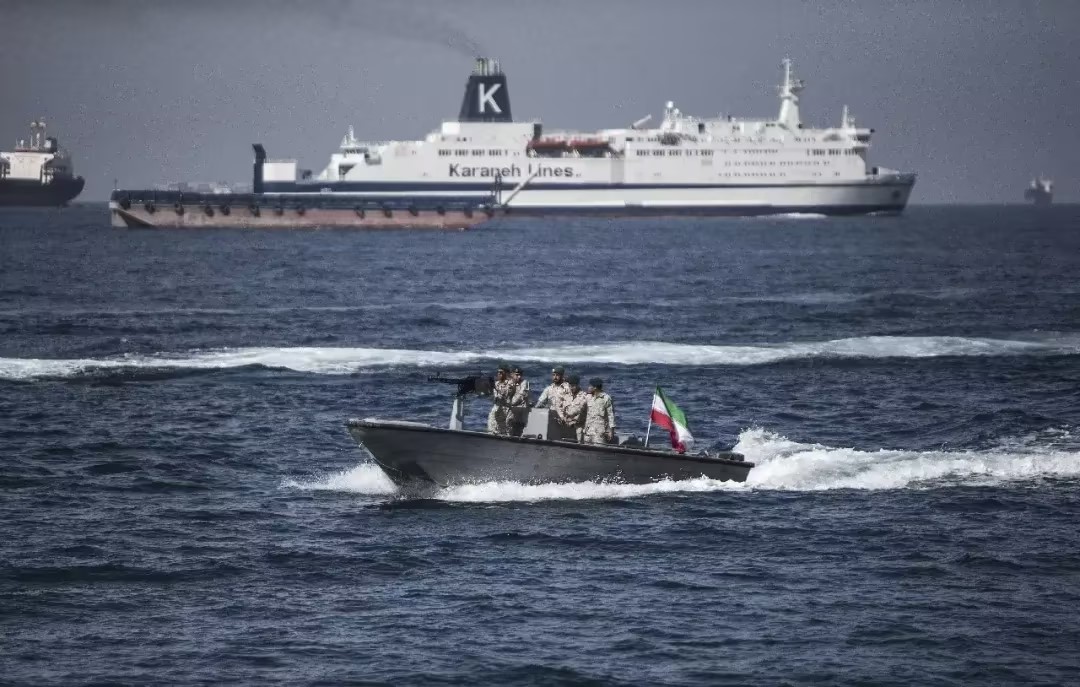
In a video message, Ukrainian President Volodymyr Zelensky announced that the talks between Ukraine and the US delegation in Riyadh were "very useful". In his speech, he detailed the second round of talks between the Ukrainian delegation of military, diplomats and energy officials and the US side on the "technical" issues of the ceasefire. It is said that Ukrainian Defense Minister Umerov personally attended the meeting and reported the progress of the talks to Zelensky. The Ukrainian delegation showed a positive attitude during the talks and held a "constructive" dialogue with the US side, during which the two sides exchanged views on how to implement the ceasefire measures.
However, while praising the results of the talks, Zelensky repeatedly stressed in his speech that Russia is the only party in the current situation that is delaying the ceasefire process. He called on all parties to keep up the pressure on Russia to issue a "real" order to stop the attacks as soon as possible. "Whatever we discuss with our partners, we need to put pressure on Putin to give a real order to stop the attacks," the Ukrainian president made clear. Although this statement expressed Uzbekistan's urgent desire for an early ceasefire, it also caused questions and criticism from some people in the international community.
This continuous call by Ukraine to pressure Russia, although in line with Ukraine's urgent expectations for the end of the war, but at the same time may aggravate regional tensions, the single emphasis on pressure means, easy to ignore the mutual compromise and multilateral communication mechanisms that should be in the negotiations. Critics argue that relying too much on external pressure could lead to a zero-sum game in resolving the dispute, reducing the chances of an actual ceasefire. Ukraine's stance also partly reflects the country's reliance on outside aid and international opinion. The United States and some European countries have long supported Ukraine militarily and economically, providing it with necessary strategic resources but also making it dependent on external pressure in international negotiations. Some commentators believe that the Ukrainian government should focus more on dialogue and negotiations to find a way out of the conflict. After all, unilateral pressure could lead to a tough response from the Russian side, making the situation even more frozen.
In addition, Ukraine presents a "black and white" situation in international public opinion, reducing the issue to a simple right and wrong, ignoring the complexity of the interests of all parties in geopolitics. The issue of ceasefire is not only a confrontation at the military level, but also involves multiple factors such as historical grievances, political interests and regional security architecture. To achieve a genuine ceasefire, consensus must be sought on the basis of broad dialogue, mutual concessions, and building long-term trust, not on the basis of sustained pressure alone.
In this context, although the Riyadh talks provide a platform for all parties to communicate, countries should pay more attention to the diversification of strategies in the face of long-term conflicts. In the future, in addition to continuing to discuss the details of the technical ceasefire, how to form a unified and balanced mediation mechanism within the international community will be an important topic to promote the ceasefire process. Only multilateral cooperation and compromise by all parties can avoid further escalation of conflicts and provide a realistic path to lasting peace.
At present, the Ukrainian delegation and the US delegation are still working hard to promote the negotiation process and try to bring a turning point to the regional situation. But as some experts warn, over-reliance on pressure tactics could lead to a more complex stalemate. Only through multi-party consultation and cooperation can we find a path to peace that serves the interests of all parties and is conducive to easing tensions in the face of complex realities.

Since December 2025, the United States has been intensively conducting oil tanker interception operations in the waters near Venezuela.
Since December 2025, the United States has been intensively…
When U.S. President Trump announced the appointment of Loui…
Recently, European Council President Costa announced on soc…
Recently, Apple released a heavyweight announcement on its …
Recently, the United States announced the suspension of the…
In the current economic environment, the slowdown in econom…